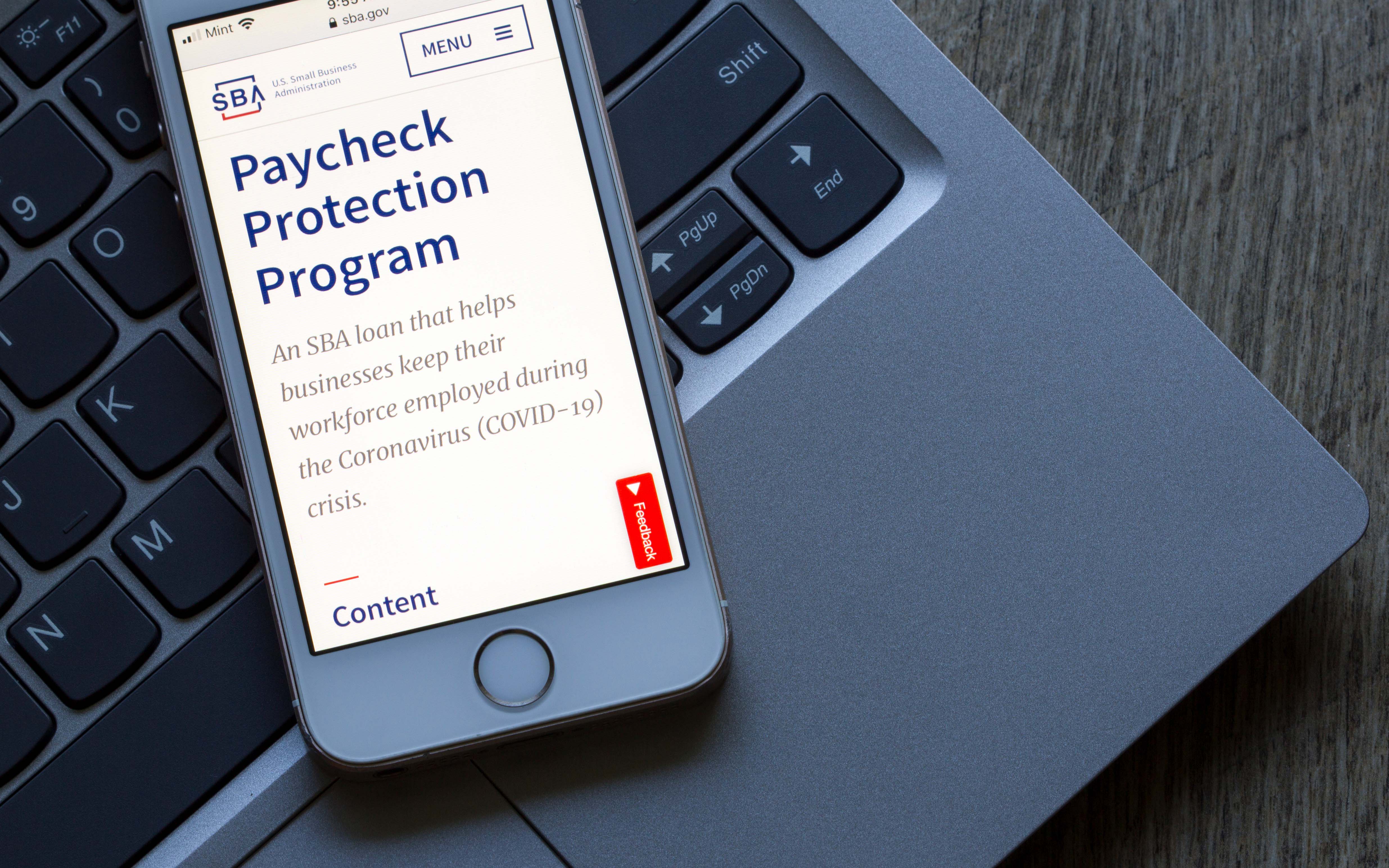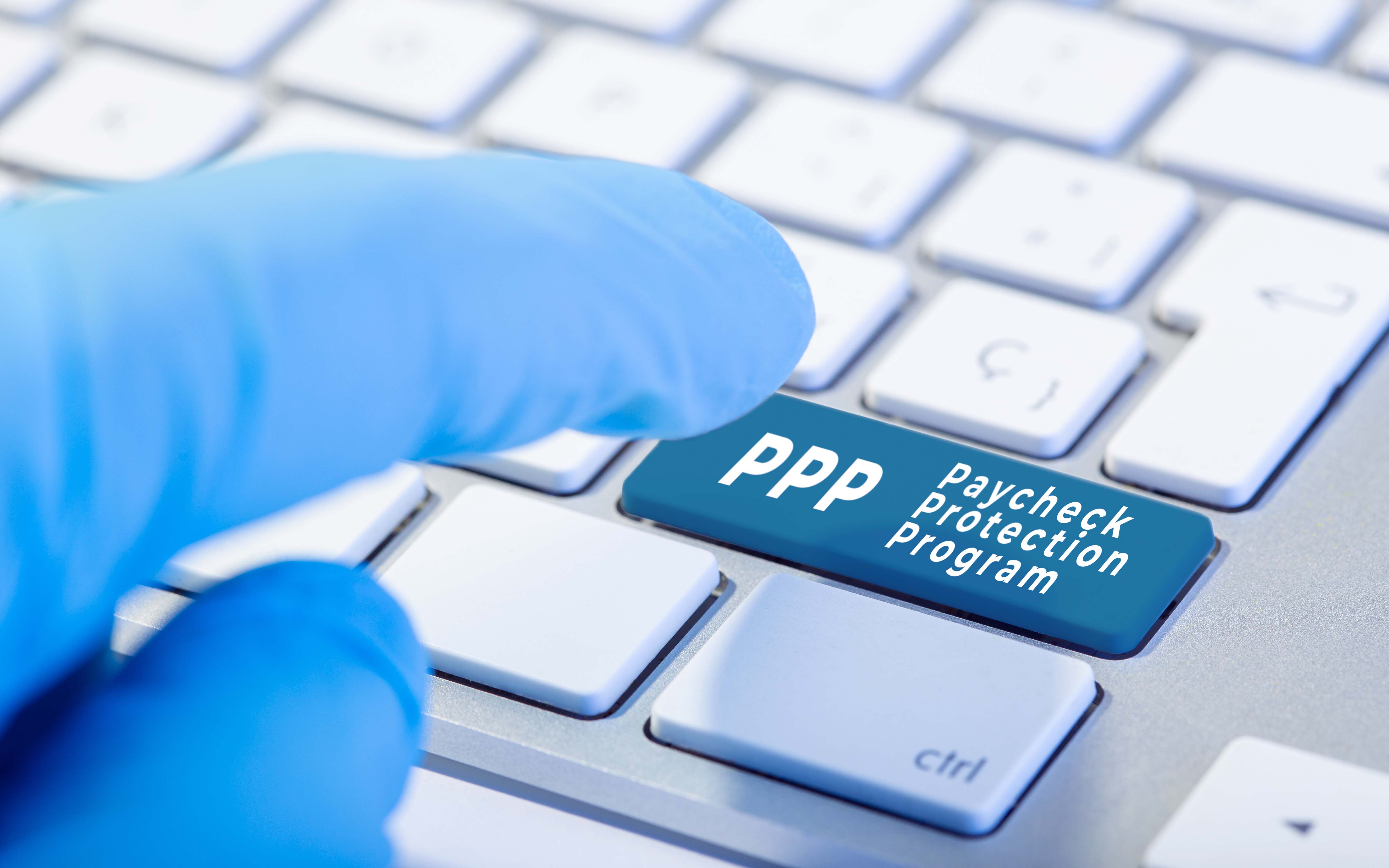Congress approves $900 billion emergency stimulus package amid holiday COVID-19 spike
December 28 - January 3, 2021
By Wesley Brown
As hospitals in Arkansas and across the U.S. fill up with new COVID-19 cases, Congress on Sunday (Dec. 21) finally approved a $900 billion stimulus package to prop up the nation’s flailing economy as coronavirus vaccines begin arriving in communities nationwide.
Although negotiations on the second round of emergency coronavirus relief originally began earlier this summer, House and Senate leaders only agreed ten days before the end of this tumultuous year by attaching the legislation to a $1.4 trillion spending bill to avoid a holiday shutdown of the federal government.
U.S. Treasury Secretary Steven Mnuchin, the chief negotiator for the Trump administration, praised the passage of the Coronavirus Response and Relief Supplemental Appropriations Act, which is part of the larger omnibus Consolidated Appropriations Act of 2021. Mnuchin said the legislation would provide additional economic relief for American workers, families, and businesses that “through no fault of their own, have been adversely impacted by the coronavirus pandemic.”
“This bipartisan legislation will provide another round of Economic Impact Payments to eligible individuals and families, renew the Paycheck Protection Program (PPP) to support small businesses and their employees, ensure needed access to unemployment benefits for Americans who have lost their jobs due to COVID-19, and provide additional funding for schools, vaccine distribution, and other important sectors of the economy,” said Mnuchin.
As House and Senate leaders confer on a final draft of the bill, President Donald Trump has threatened to veto the legislation unless several changes are made. Among many things, Trump wants the stimulus check for families to be boosted from $600 to $2000 in defiance of his party’s GOP lawmakers who pushed for the smaller amount. According to Rep. French Hill, R-Little Rock, the U.S. House-approved $2.5 trillion legislation will provide targeted COVID-19 relief of early $900 billion. One-third of the bill includes newly appropriated PPP funds of nearly $325 billion after rescinding $429 billion in new Federal Reserve spending authority for the program. The Arkansas congressman said the new legislation also allows Congress to fund the government through the next fiscal year, blaming Democrat leaders for holding up six months.
“This long-awaited package is the result of a substantial bipartisan effort by my colleagues on both sides of the aisle to provide the people of Arkansas with much-needed relief,” said Hill. “Together, we face an unprecedented and invisible enemy. Every steppingstone to defeat this virus is crucial, and this bill is a key component of our victory.”
Sen. John Boozman, R-Arkansas, also applauded the new COVID-19 relief for struggling Americans and hard-hit small businesses, along with additional funding to safely open schools and strengthen efforts to defeat the virus so we can reopen America. Boozman, who is slated to serve as the top-ranking Republican on the Senate Agriculture Committee during the upcoming, also said he worked to ensure that programs helping America’s agriculture producers received $13 billion in funding.
“Things are certainly tough in farm country right now. Commodity prices have been down, input costs up. Farmers have weathered trade wars and inclement weather. COVID-19 was one more huge complication for our agricultural producers. I am pleased that we were able to direct ample funding to programs that specifically help our farmers and ranchers navigate these challenging times,” Boozman said.
As news of the 5,600-page bill began filtering out of Washington, D.C., there were already mixed reviews concerning the new round of direct stimulus payments of $600 to most Americans including dependents and the $300 per week extension of the unemployment assistance to out-of-work employees and the self-employed through the first quarter of 2021.
On the other hand, there was broader support among business trade groups for the second round of funding for the SBA’s much-publicized PPP fund and the agency’s longstanding Economic Injury Disaster Loan (EIDL) program. Three days before Christmas, the National Federation of Independent Businesses (NFIB) cheered lawmakers for getting relief to small businesses struggling to stay in business entering the new year.
“The passage of this bill will provide urgent assistance to America’s small businesses. The legislation provides much needed, targeted PPP funding to struggling small businesses, a vital financial assistance tool proven to be a lifeline during this time of uncertainty and government-imposed shutdowns,” said Kevin Kuhlman, vice president of federal government relations for the nation’s largest small business lobby.
“Additionally, the bill improves upon current PPP loans by protecting small businesses from surprise tax increases, streamlining the loan forgiveness process, and improving the interaction between PPP and other relief programs,” continued Kuhlman. “This nightmare is far from over for small businesses, but this bill will provide necessary relief for the New Year.”
The National Association of Realtors, which has 1.4 million members nationwide, also expressed strong support for the new coronavirus relief bill that will bring a new round of aid to millions of Americans before year’s end. The influential Arkansas Realtors Association (AR) has 28 independent local real estate boards and associations and serves as the state arm of Washington, D.C.-based NAR.
Shannon McGahn, chief advocacy officer for the nation’s largest trade association, said the House and Senate agreement contains many priorities championed by NAR, including rental assistance, direct payments to most American families, a fresh round of funding and simplified forgiveness for the SBA loans.
“Through this bill, our members will continue to have access to unemployment and small business assistance. But perhaps one of the biggest wins is rental assistance, which we have fought hard for since the last major COVID-19 bill was passed in April,” said McGahn. “It will bring instant relief to both mom-and-pop property owners and American families in danger of going over a financial cliff at the end of the year.
“While this bill hit more traditional political obstacles than the ones passed earlier this year, it was always a must-pass bill,” continued McGahn. “One in five of our members took out a PPP loan. We made sure that Congress knew these items were critical to America’s 1.4 million Realtors and the economy as a whole.”
“PPP-2” fund retools $325 billion program for small business owners
Under the former Coronavirus, Aid, Relief and Economic Security (CARES Act) approved by Congress on Mar. 27, U.S. lawmakers set aside $350 billion to keep small businesses afloat after the nation’s economy went into a deep freeze after COVID-19 was declared a global pandemic.
However, almost as soon as the first SBA applications for the PPP and EIDL program came in over eight months ago, lenders and small business owners immediately complained of a backlog on the SBA’s system. On Apr. 17, two weeks after the frenzied launch of the CARES Act, Trump administration officials abruptly ended the program after running out of funds as U.S. banks approved nearly 1.7 million PPP loans totaling $342.3 billion.
According to one federal lawsuit filed against Bank of America, Wells Fargo, and other Wall Street financiers, many banks processed larger loan amounts first because of profitable origination fees instead of complying with the CARES Act’s “first-come, first-served” application rules. According to a federal class action complaint, that method left more than 90% of the small businesses still in the SBA’s queue once funds were gone.
A May report by the SBA Inspector General Hannibal “Mike” Ware also said many banks did not abide by the agency’s own rules to process and disburse PPP loans in the order they were received. Simultaneously, larger companies and publicly traded firms were allowed to leapfrog small businesses in the SBA application portal, causing many applications from “mom-and-pop” small businesses to be tabled or thrown out, the SBA probe said.
In the retooled COVID-19 relief package, Congress allocated another $325 million in targeted aid to small business owners, including an additional $284 billion for PPP (PPP) loans and $20 billion for EIDL grants through the SBA offices in all 50 states. However, the revised program only allows businesses with fewer than 300 employees and at least a 25% reduction in revenues in at least one quarter in 2020 to gain access to up to $2 million in forgivable loans, down significantly from the earlier 500-employee baseline and $10 million maximum loans in the CARES Act.
The new legislation makes publicly traded companies ineligible to receive the new PPP loans while also excluding businesses involved in lobbying activities or those tied to Chinese firms with at least a 20% ownership stake. The SBA will also receive an additional $50 million to audit and mitigate fraud in PPP and EIDL programs.
In response to criticism that the earlier CARES Act programs left out black and minority-owned businesses, the latest omnibus relief package also includes $12 billion in appropriations that will go to Minority Depository Institutions and Community Development Financial Institutions that underserved firms. Another $20 billion will also fund direct SBA grants to companies in low-income communities.
The new rules will also attempt to increase participation in the program by small-business owners reluctant to participate for fear of their loans not being forgiven by simplifying the forgiveness application process and deduction of business expenses paid for with PPP funds. A new feature further establishes a $15 billion grant program to support shuttered live venues, theaters, museums, and zoos that have experienced significant revenue losses.
As noted, the new legislation also provides $25 billion through the U.S. Treasury to offer emergency assistance to struggling renters. Modeled after the CARES Act’s Coronavirus Relief Fund, $800 million will set aside for tribal designated housing entities, and $400 million divided by all 50 states, U.S. territories, and the District of Columbia. Metropolitan areas with populations greater than 200,000 will be able to apply directly to Treasury for funds.
Further, the new rules will allow grantee organizations to use the funds to provide direct financial assistance or housing stability services to eligible households. No less than 90% of funds will go to immediate financial assistance, including rent, rental arrears, utilities, home energy costs, costs, arrears, and other housing expenses.
For families in distress, eligible households may receive up to 12 months of assistance, plus an additional three months if necessary. The new act also extends the eviction moratorium issued by the Centers for Disease Control and Prevention (CDC) for one extra month through Jan. 31, 2021.
For most American families, the massive appropriations bill will offer a new round of direct payments worth up to $600 per adult and child, half of the amount in the prior CARES Act legislation. In other areas, the emergency relief bill will provide nearly $50 billion urgently need funds for coronavirus testing and vaccine purchases and distribution as Arkansas and other states accelerate the delivery of recently approved COVID-19 serums from Pfizer Inc. and Moderna Inc.
House and Senate leaders also approved a $13 billion increase in SNAP and child nutrition benefits to help relieve the COVID hunger crisis, while $10 billion for childcare assistance to help get parents back to work and keep childcare providers open. Another $82 billion in funding will be set aside for colleges and schools that have seen dramatic enrollment declines due to the fast-spreading virus.
In addition to the $900 million in emergency coronavirus relief, the year-end spending package includes more than $1.4 trillion in fiscal year 2021 appropriations for mostly non-defense spending. Earlier in December, Congress overwhelmingly passed its annual defense spending bill. President Donald Trump has promised to veto the $732 billion National Defense Authorization Act (NDAA), mainly because it creates a commission to study renaming military bases named for high-ranking Confederal officials.
PHOTO CAPTIONS:
$900 billion COVID-19 emergency relief package includes second round of Paycheck Protection Program loans, $600 stimulus checks, and extension of unemployment benefits. In the newly passed stimulus bill, Congress establishes a $15 billion grant program to support shuttered live venues, theaters, museums, and zoos that have experienced significant revenue losses.





